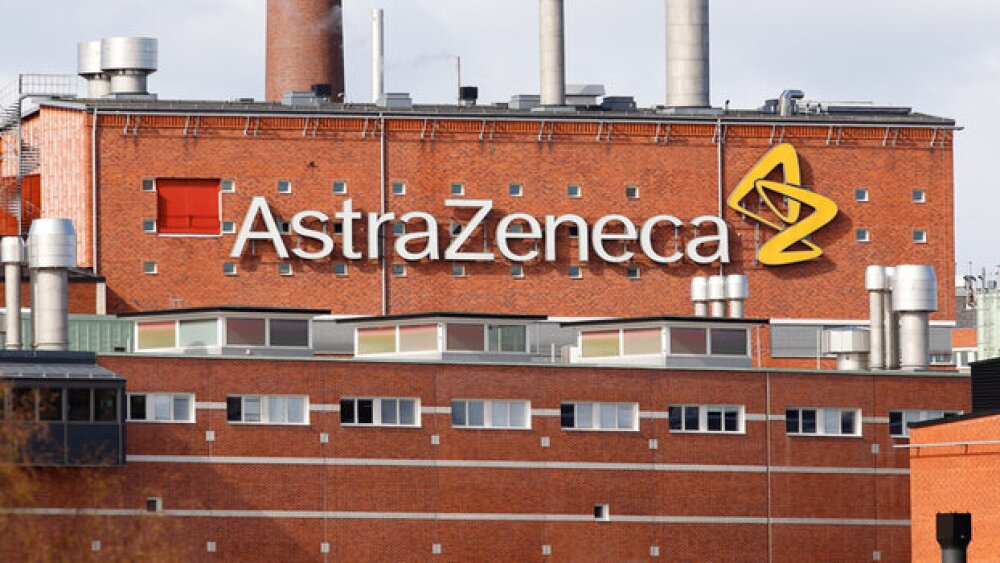The Anglo-Swedish drugmaker is making the investment to bolster its vaccine manufacturing and research and development capabilities in the U.K.
Pictured: AstraZeneca’s production plant in Sweden/iStock, Roland Magnusson
AstraZeneca on Wednesday pledged approximately $827 million (£650 million) to increase its presence in the U.K., including a new R&D facility and the expansion of its vaccine manufacturing capabilities.
According to the U.K. government, around $573 million (£450 million) of AstraZeneca’s commitment will be used to construct a new facility for the research, development and manufacture of vaccines in Speke, Liverpool. The new campus—which will be designed to be operationally net zero and draw power from renewable sources—is designed to help AstraZeneca produce shots for its global child vaccination program.
As part of its partnership with the U.K. government, AstraZeneca will also partner with the Health Security Agency to “advance science for developing and evaluating vaccines,” boosting the country’s resilience against future pandemics, according to the announcement. The alliance will leverage innovations at AstraZeneca’s Speke site and the agency’s Vaccine Development Evaluation Center.
The remaining $254 million (£200 million) will go toward a separate site at Europe’s largest life sciences cluster in Cambridge. The facility, co-located with AstraZeneca’s R&D Discovery Center, will be able to house 1,000 employees.
Wednesday’s announcement also revealed that AstraZeneca will inaugurate a new manufacturing plant in Macclesfield for one of its cancer therapies. In 2021, the pharma dropped around $484 million (£380 million) to construct this facility, which is set to open later this year.
AstraZeneca CEO Pascal Soriot in a statement said that the investment marks the 25th-year anniversary since the U.K.-based Zeneca Group merged with the Swedish company Astra AB.
“We are proud of our British roots and how far we have come over that time,” Soriot said. “We are now a truly global company that has transformed the lives of millions of patients throughout the world with a relentless focus on science and innovation.”
The manufacturing and R&D boost comes after AstraZeneca’s vaccine and immune therapies franchise took a heavy hit from declining COVID-19 sales. In its fourth-quarter and full-year 2023 financial results, the pharma reported a 90% drop in its coronavirus business, which was only slightly offset by the combined sales of its other assets, including Farxiga (dapagliflozin) and Tagrisso (osimertinib).
To bolster its vaccine business, AstraZeneca in December 2023 bought into the respiratory syncytial virus (RSV) vaccine space with a potential $1.1 billion acquisition deal with Icosavax. The biotech is advancing a combination vaccine dubbed IVX-A12, which targets both RSV and human metapneumovirus.
Tristan Manalac is an independent science writer based in Metro Manila, Philippines. Reach out to him on LinkedIn or email him at tristan@tristanmanalac.com or tristan.manalac@biospace.com.






